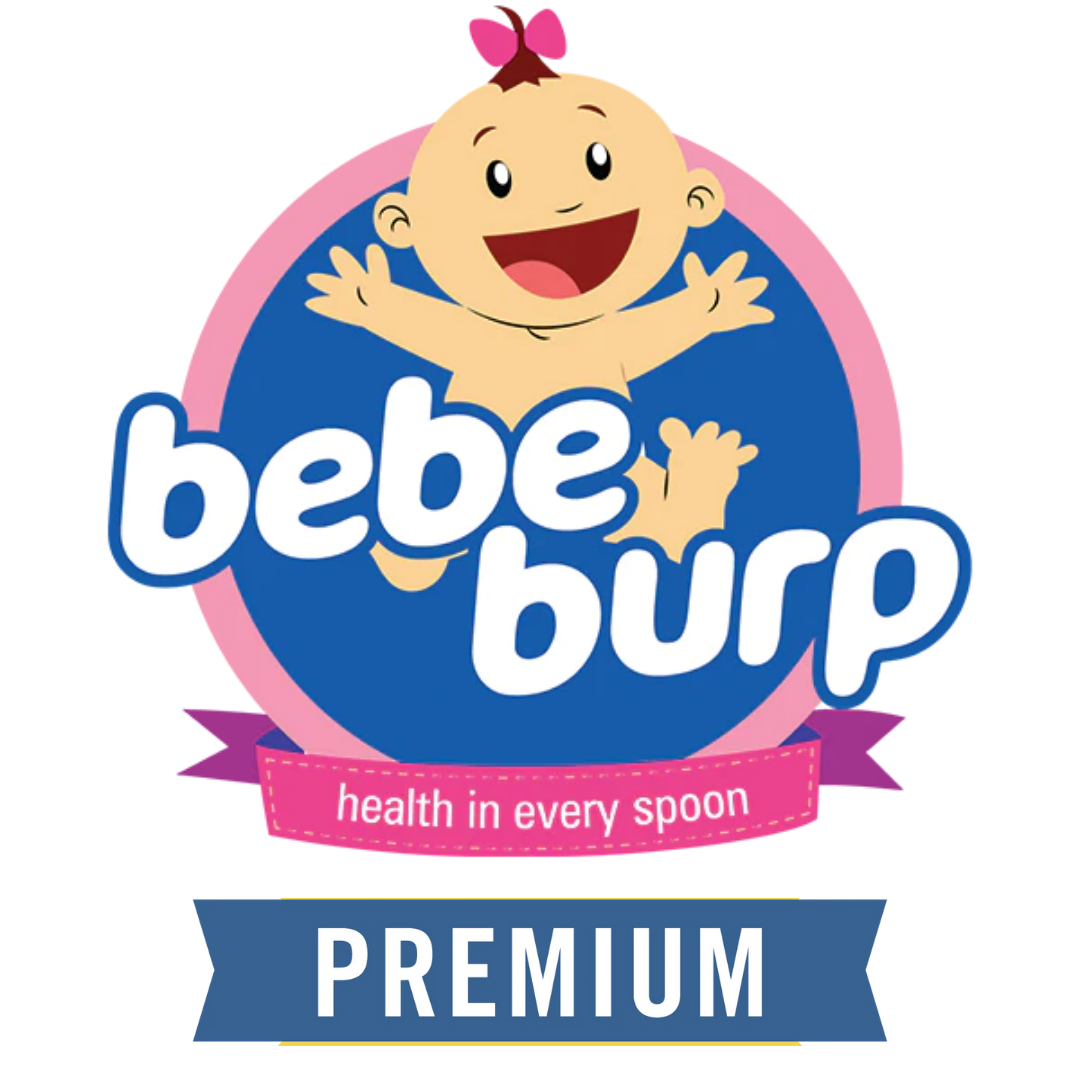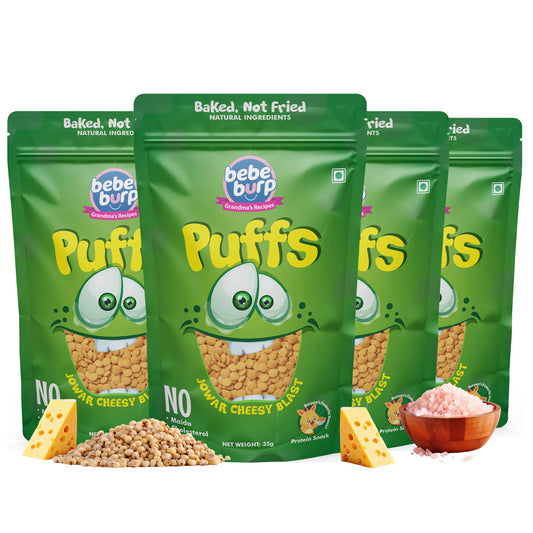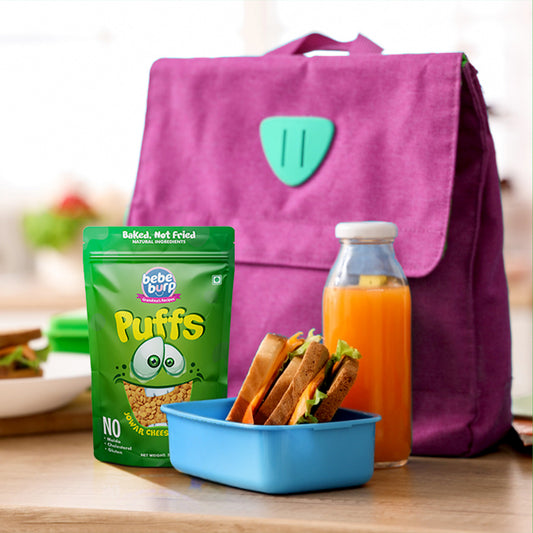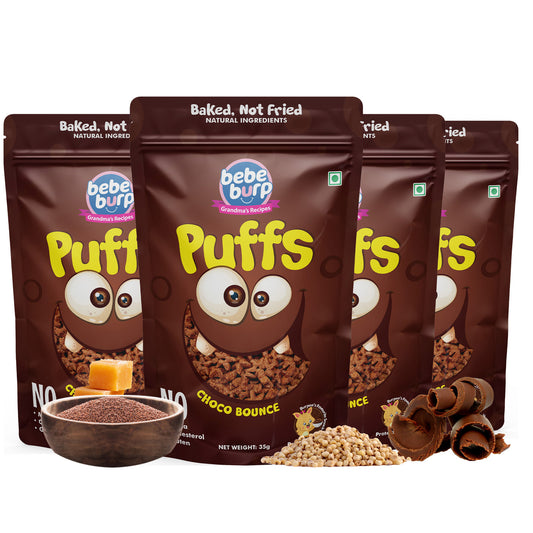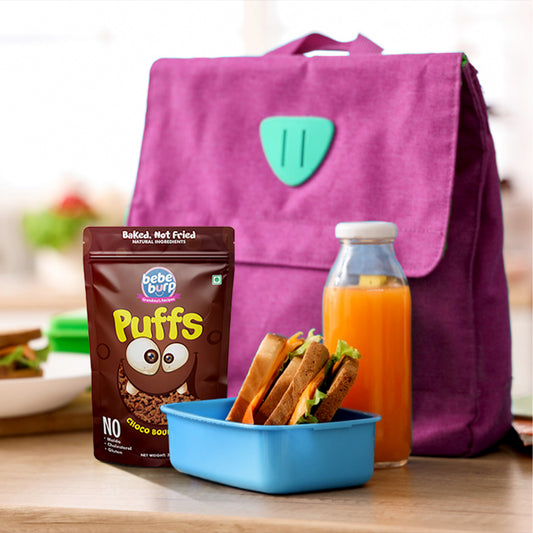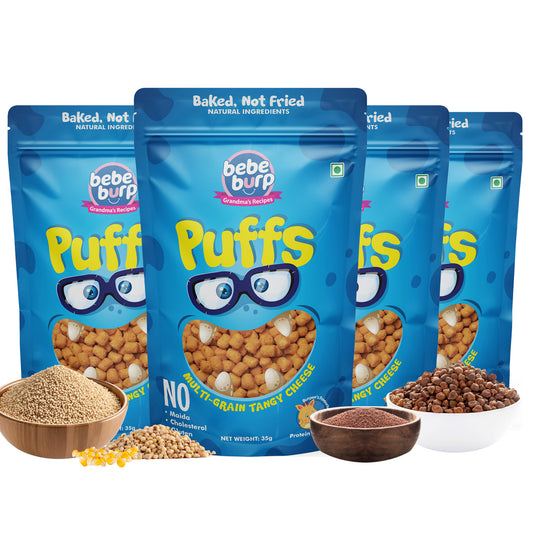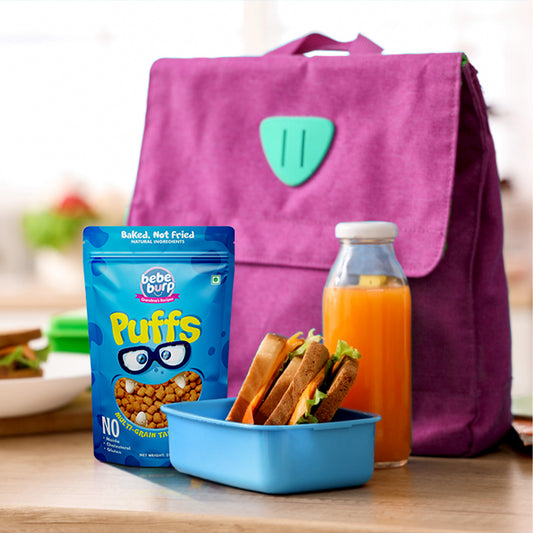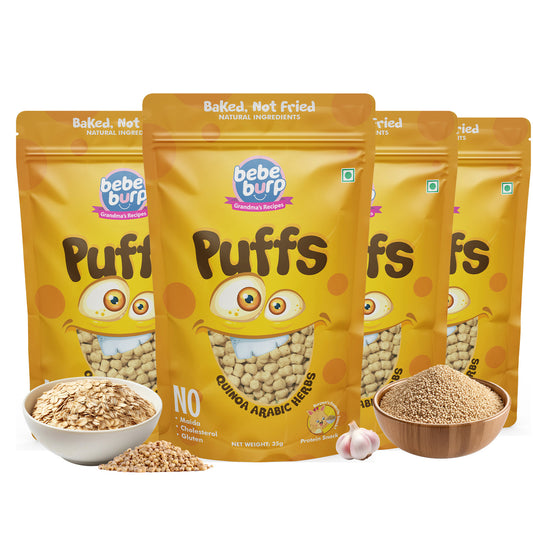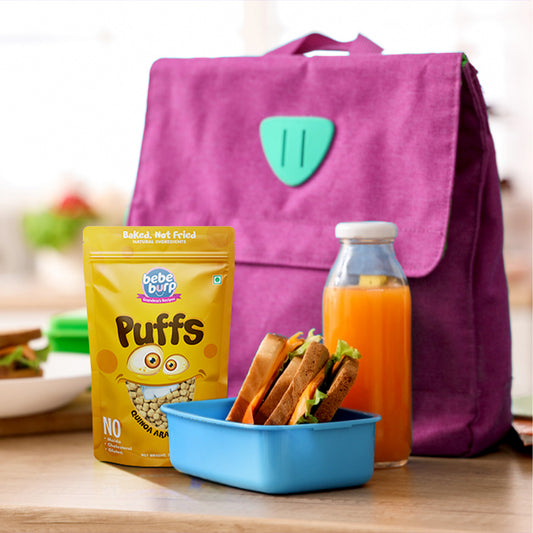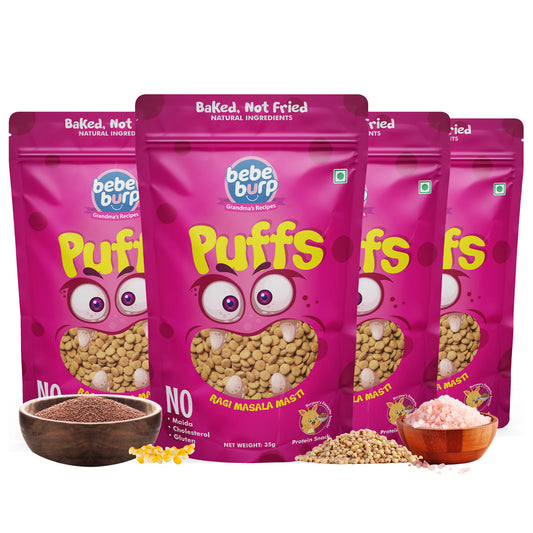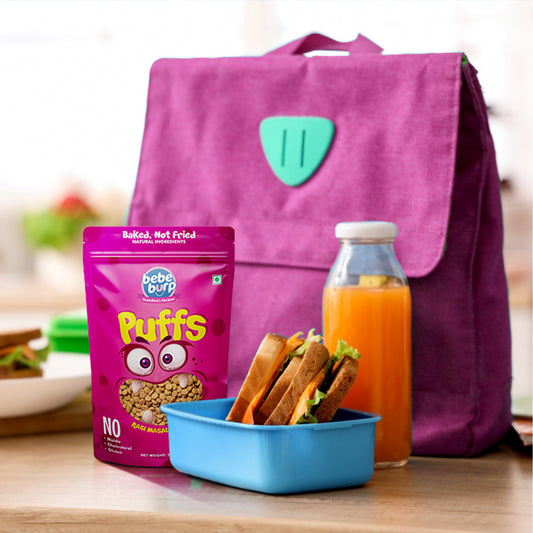The introduction of solid foods to little kids is really a milestone and toast as one of the first finger foods that is considered a good starting point by many parents. When will it be safe to provide babies with toast dishes, and how should they be provided?
This guide will cover the reasons why this is the ideal time to introduce toast, how to safely prepare toast, nutritional value, and a lot more, and this is all based on the age of a baby who is in that age bracket (6 to 12 months old) when babies eat toast.
When Can Babies Eat Toast?
Toast can generally be introduced when the baby is around 6 months old, in case of showing first signs of readiness for solids.
This comprises sitting up alone, good head and neck control, and an interest in food.
First of all, lightly toast a slice of bread, where you cut the bread into strips in the form of a stick, so that the babies can hold easily with their fingers and chew innocently too.
Tip: Do not use soft bread that can become sticky and that may become a choking hazard.
Types of Toast Suitable for Your Baby
Not every toast is made to be equal to babies. These are the healthiest and safest types of toast that can be given:
- Whole-grain bread: It is full of fiber and nutrition.
- Sourdough toast is fermented naturally and is easier to digest.
- Toast oat or multigrain: This will give you a combination of essential minerals and vitamins.
- Ragi or millet bread toast: An excellent gluten-free choice that babies with allergies can be given.
Avoid breads containing big seeds, additions of sugar and salt, and hard crusts.
Avocado Toast for Baby: Recipes and Variations
Avocado is another superfood with rich nutrition, and it is good to give to little people.
Basic Avocado Toast Recipe:
- Use a slightly burned loaf of bread
- Place the ripe avocado in a food processor and mix with a fork.
- Apply to toast in a thin film.
- Cut into thin strips or little pieces.
Variations:
- Add mashed banana to make it sweeter.
- Add hemp hearts or ground flaxseed to take in additional nutrition.
- Add crushed pea fibre to lumpy, boiled peas.
French Toast for Baby: Recipes and Variations
French toast is a soft vegan alternative when done conscientiously.
French Toast Recipe that is Baby Friendly:
- Mix one egg and 2 tbsp of breastmilk/formula.
- Dip bread (dip whole-grain bread).
- Fry in a non-stick pan with very little or no butter until golden.
- Cut into strips as baby-tiny food.
Variations:
- Add a pinch of cinnamon (in 6 months).
- Add banana or apple puree to add sweet flavor naturally.
Nutritional Benefits of Toast for Babies
Toast can be nutritious, provided that one uses the appropriate kind of bread:
- Carbohydrates: Must provide energy.
- Iron: This is essential in the development of the brain (primarily in enriched bread).
- B vitamins & Fiber: Help the digestive and metabolic process.
- Protein: If in the form of whole grains or when combined with toppings (ex., nut butter or eggs).
Best Toppings for Baby Toast
Add some healthy topping toasting (age-appropriate), fun to it, and make it flavorful:
- Mashed avocado
- Almond or smooth peanut butter (thin spread)
- Hummus
- Full-fat Greek yogurt
- Fruit puree (apple, banana, or pear)
- Scrambled egg (6+ months)
-
An expression people use is something along the lines of It beats me how Hank can eat the stuff.
Pro Tip: Make sure you supervise the meals and add only one new topping at a time to look at allergies.
Common Concerns About Toast for Babies
1. Choking Risk:
Do not use too soft or lumpy bread. Cut the toast into small bits that are manageable, according to your infant's development.
2. Allergies:
The common allergens are wheat and gluten. Put small quantities and see responses.
3. Salt and Sugar:
Shopped bread can be very salty and sweet. Choose low-sodium or homemade ones.
4. Nutty or Seeded Bread:
Young babies should avoid bread with huge seeds, nuts, or coarse textures.
How to Prepare Toast for Babies (6–12 Months)
This is how one can modify toast with the growing age of the baby:
6–9 Months:
- Toast lightly some bread.
- Cut into strips the size of fingers.
- Serve creamy toppings such as mashed avocado or yogurt.
9–12 Months:
- Toast may feel a little tougher.
- Slice into tiny squares or triangles.
- Add the additional textures (scrambled eggs, soft cheese, etc.).
Then the texture should always be easy to gum or chew.
Bread for Babies – Is It Safe?
Yes, bread is okay, at least, you want to start at 6 months, and it has to be well selected:
Look at:
- No-added sugar and low-sodium varieties
- Fortified or whole- avenues
- No hard seeds nor crusts
Avoid:
- White bread that is refined and has preservatives
- Bread and honey (honey is not safe before 12 months)
- Gluten in the case of sensitivity or allergy to your child
You can also consult your pediatrician in case of uncertainty, especially when there is a history of sensitivity to food allergies or celiac disease within the family.
FAQs
Q1: Can I give toast to my 6-month-old without teeth?
Yes! Meanwhile, the babies can gum the strips of toast with the help of their gums. Just be careful not to crisp the toast too much; make it light and easy.
Q2: What kind of bread is best for babies with allergies?
Bread that is free of gluten, such as ragi, buckwheat bread, and rice bread, also makes delightful choices. Always check the labels first.
Q3: Can I add butter or ghee to baby toast?
Yes, in minute proportions. After 6 months, unsalted butter or a small scoop of homemade ghee.
Q4: Should I avoid bread crusts for babies?
It is primarily until 10-12 months, when they may be too hard to chew and may cause choking.
Q5: Can toast be a choking hazard?
Yes, when not cooked properly. Use childproof shapes, no chewy or sticky food, and watch the kid during a meal.
Final Thoughts
When introduced appropriately and at the right time and prepared with proper precautions, toast is a delectable, nutritious, and simple finger food.
Buy healthy breads, be innovative with the toppings, and keep on checking the signs when it is ready.
This way, your baby is going to have lots of fun with new textures, and you will specialize in convenience!
